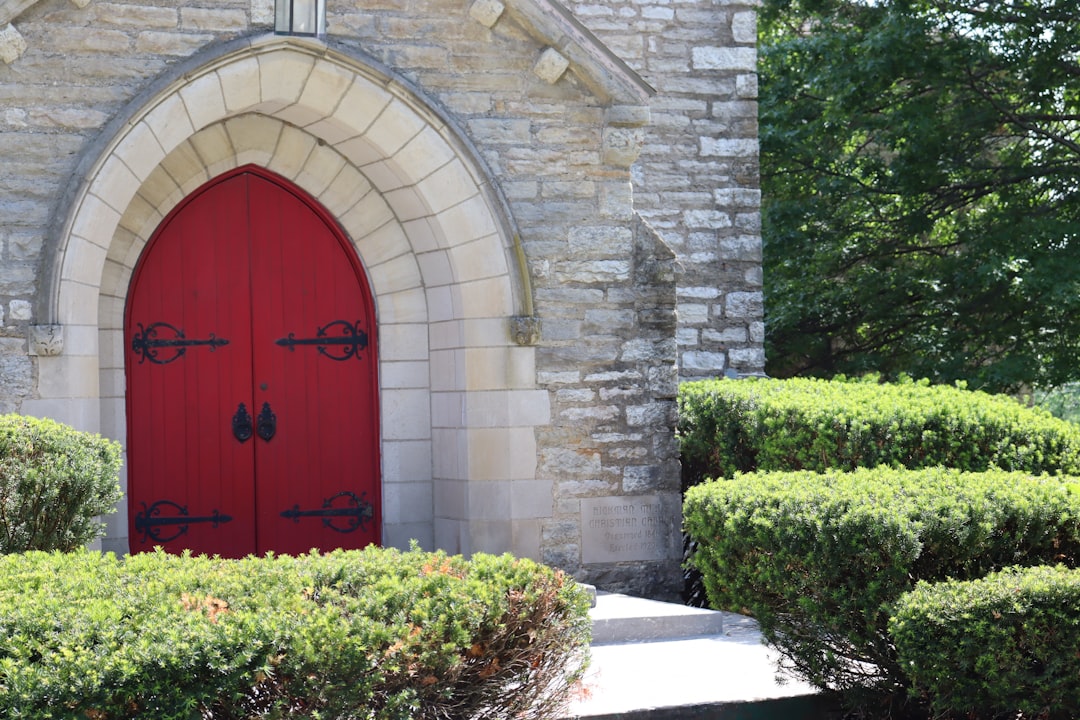In Kansas, victims of clergy abuse can seek justice through civil lawsuits, aided by skilled clergy abuse attorneys. Balancing religious freedom and community dynamics, these professionals guide victims through complex legal landscapes, helping them gather evidence, navigate negotiations, and secure compensation. A clergy abuse attorney Kansas is crucial for ensuring victims' rights are protected, providing expert support during emotionally challenging periods, and achieving just outcomes.
Legal Strategies for Clergy Abuse Cases in Kansas
If you or someone you know has experienced clergy abuse, understanding your legal options is crucial. This guide explores the essential steps to take when pursuing justice in Kansas. We delve into the specific laws surrounding clergy abuse and provide insights on building a strong case. From gathering evidence and securing testimony to navigating the legal process, this article equips victims with knowledge, emphasizing the importance of expert representation. Discover how a skilled clergy abuse attorney in Kansas can make all the difference.
Understanding Clergy Abuse Laws in Kansas

In Kansas, clergy abuse is addressed through a combination of state laws and legal precedents specific to religious organizations. It’s crucial for victims to understand that they have rights and options when facing such situations. A comprehensive grasp of these laws is essential, especially when considering whether to pursue legal action against a clergy member or the institution itself. Engaging a skilled clergy abuse attorney Kansas can provide invaluable guidance in navigating this complex landscape.
Victims may seek justice through civil lawsuits for damages incurred due to abuse, harassment, or breach of trust by religious leaders. The state’s statutes offer protections against sexual harassment and assault, enabling victims to hold perpetrators accountable. Moreover, Kansas courts have recognized the unique dynamics of faith-based communities, ensuring that legal processes respect religious freedom while offering a safe avenue for justice for those affected by clergy abuse.
Building a Solid Case: Evidence and Testimony

Building a solid case in clergy abuse cases involves meticulously gathering and presenting evidence and testimony. This includes documenting interactions with the accused, any correspondence or communications related to the abuse, and seeking statements from witnesses who may have observed suspicious behavior or heard admissions from the cleric. Medical records and psychological evaluations can also serve as crucial pieces of evidence, detailing physical or emotional injuries sustained by the victim.
Testimony plays a significant role in strengthening the case, providing firsthand accounts from victims, family members, and other individuals familiar with the situation. It’s essential to find reliable and credible witnesses who are willing to come forward and share their experiences. A skilled clergy abuse attorney in Kansas will help navigate this process, ensuring that all relevant evidence is properly documented and presented in court, ultimately contributing to a compelling and just case.
Navigating the Legal Process with Expert Representation

Navigating the legal process in a clergy abuse case can be complex and emotionally challenging, which is why securing expert representation is paramount. A qualified clergy abuse attorney Kansas understands the unique dynamics of such cases and can provide much-needed guidance throughout the journey. They will help victims understand their rights, options, and potential outcomes while ensuring their voices are heard in a safe and supportive manner.
An experienced attorney will expertly handle various aspects, from gathering evidence to negotiating settlements or preparing for trials. Their knowledge of state laws and church governance structures allows them to strategize effectively, aiming to secure justice and compensation for the harmed individuals. This support is crucial in what can be a confusing and difficult period, enabling victims to focus on their healing and recovery.





